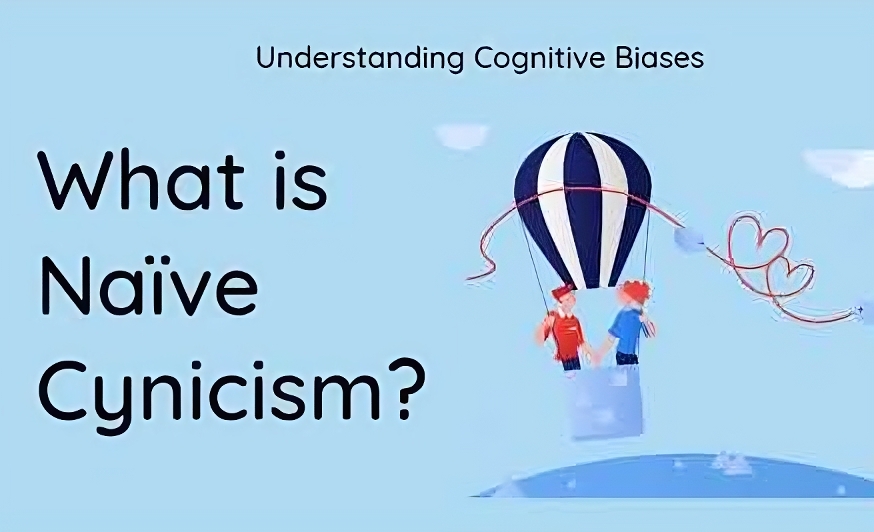Naive cynicism is a cognitive bias that reflects a tendency to doubt the honesty, sincerity, or accuracy of others’ statements and actions. While a certain level of skepticism can be healthy, naive cynicism goes beyond reasonable doubt and can impact belief, communication, and relationships. In this article, we will explore naive cynicism, its explanations, provide examples, and offer practical solutions to address and mitigate its effects.
Understanding Naive Cynicism
Naive cynicism is the inclination to perceive others as being insincere, deceptive, or dishonest, often with limited or no evidence to support such beliefs. It can lead individuals to assume the worst about others’ intentions and interpretations, even when more benevolent explanations are plausible.
Explanations
Cognitive Biases: Naive cynicism is influenced by various cognitive biases, including the negativity bias, which makes negative information more salient and memorable.
Trust and Distrust: It can stem from personal experiences of betrayal or dishonesty, leading individuals to generalize their skepticism to others.
Media and Information: Media narratives that focus on deceit, corruption, or scandal can contribute to a generally cynical outlook.
Examples
Social Media: In online discussions, individuals may assume that others’ comments are motivated by malice or ulterior motives rather than genuine conversation.
Relationships: In personal relationships, people might be excessively suspicious of their partner’s actions, interpreting innocent behaviors as signs of infidelity or deceit.
Political Discourse: Naive cynicism can lead individuals to view politicians and public figures with unwarranted skepticism, assuming that their motives are always self-serving.
Solutions
Critical Thinking: Encourage critical thinking and skepticism with a focus on evidence and rational assessment of claims rather than blanket distrust.
Active Listening: Practice active listening and seek to understand others’ perspectives before making judgments.
Mindfulness: Cultivate mindfulness to recognize and manage knee-jerk cynical reactions. Pause and consider alternative explanations.
Communication Skills: Enhance communication skills, particularly in conflict resolution and negotiation, to foster constructive dialogue rather than perpetuate cynicism.
Conclusion
Naive cynicism is a cognitive bias that affects belief, communication, and relationships, often leading to unwarranted skepticism and distrust. By promoting critical thinking, active listening, mindfulness, and effective communication, individuals can address and mitigate the impact of naive cynicism, fostering healthier interactions and more positive relationships with others.
